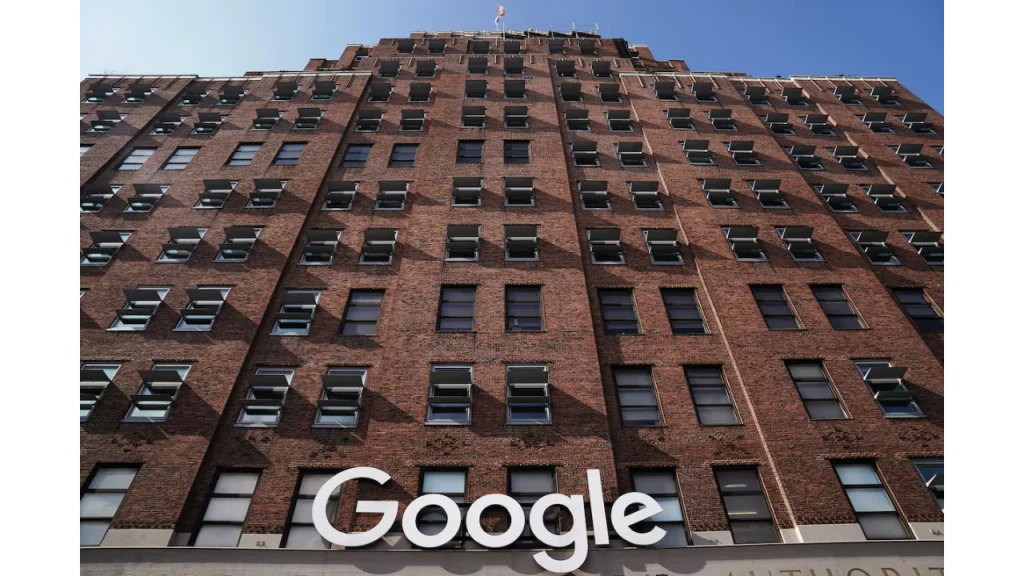- UK regulator the Competition and Markets Authority (CMA) has formally designated Google’s search business in the UK as a strategic market.
- The development may also pressure Google to provide more choice for users and give a boost to competition in the UK search market.
What happened: Britain’s competition watchdog has ruled that Google must treat its UK search service as a “strategic market”
The UK’s Competition and Markets Authority (CMA) has announced that Google’s search service in the UK must now be treated as a “strategic market” under new rules. The designation means Google may face increased regulation. The CMA also said that Google “has a dominant position in relation to search and search advertising in the UK”, and that more than 90 percent of UK searches are done via its platform.
The decision follows changes to UK digital markets regulation which came into effect earlier 2025. As a result, the CMA now has powers to impose “targeted interventions” to ensure competition and give users choice.
Google has responded by warning that any restrictions may slow innovation and growth in the UK, particularly in the field of AI and search.
Also read: Google pledges £5bn boost to UK AI ahead of Trump state visit
Also read: Google enters top five premium smartphone vendors
Why it’s important
This decision signals a notable change in how powerful tech companies are regulated in the UK. Designating Googles search service a strategic market means the CMA is likely to introduce rules that could require Google to alter the way its search engine operates in the UK, potentially by providing a “choice screen” featuring alternative search services, by allowing publishers greater control over how their content is utilized, and by putting in place more equitable mechanisms for addressing complaints from businesses.
For those who use search engines, it might mean greater visibility and control over search results and advertising. For content providers and advertisers, it may alter the way Google makes money from search traffic and shares data. It is also significant because search is being transformed by artificial intelligence, and shaping the market now could affect the next generation of search technologies in the UK.
On the world stage this is important as other nations will be watching, globally. This move by the UK could set the tone for how regulators in other countries will treat dominant search engines and digital platforms. That Google is global but its UK duties may not be the same as its US or EU duties, raises significant questions about how multi-jurisdiction regulation will play out.

